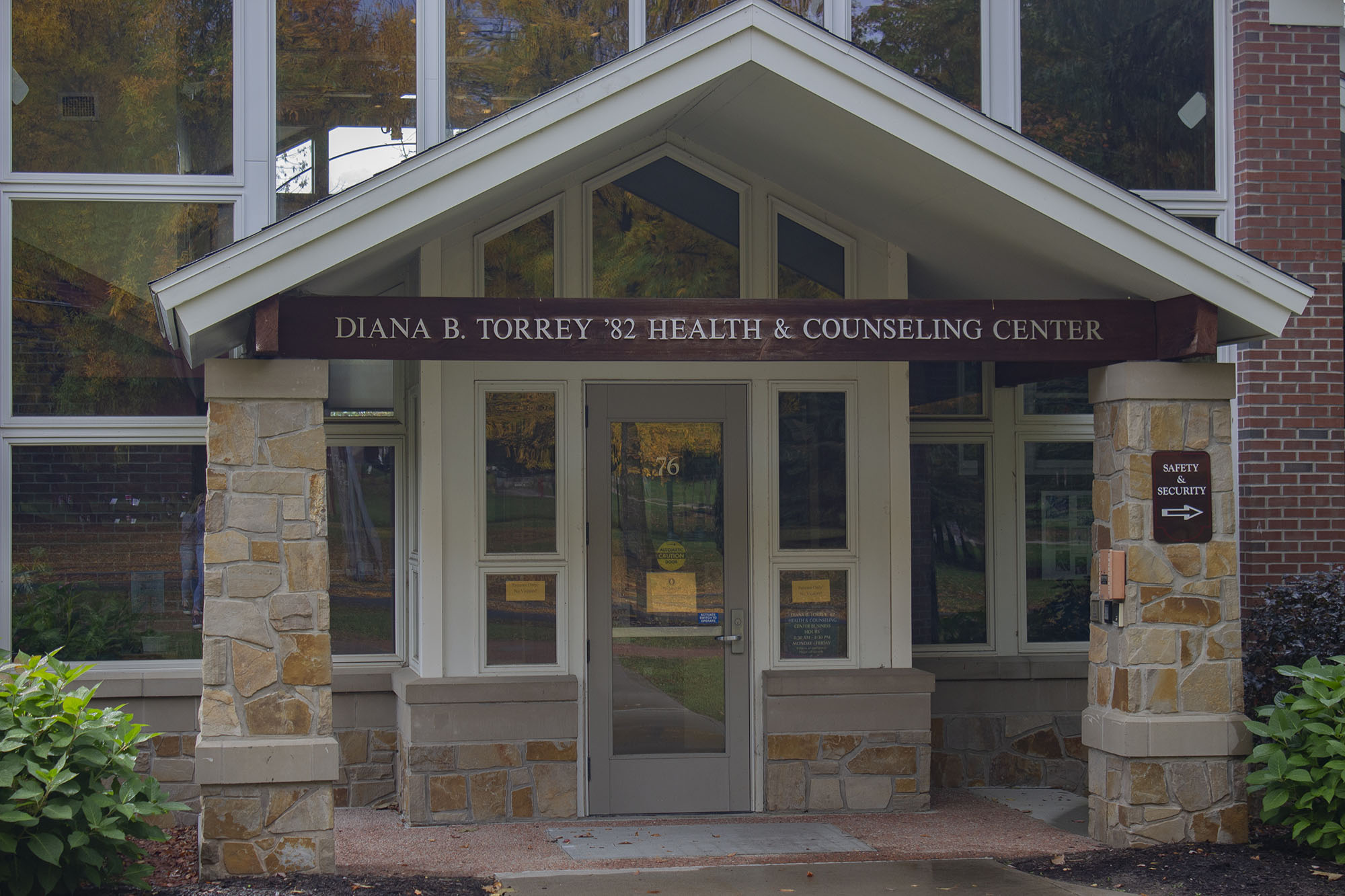Dear Dub: Seeking Support
Whether you’re new to campus or are just caught up in the chaos that is college during a pandemic, these can be tough times for us all. It is important to take a moment to remember that mental health should be prioritized above our relationships, education, and work. It may be tough to find the balance that works for you or to ask for the help that you may need. I have struggled with this stability in my two years at SLU, and while I cannot claim that I have perfected it, I can at least direct you to resources and suggest tips.
Academically speaking, there are numerous resources for St. Lawrence students. There are specified Resource Centers, such as the Peterson Quantitative Resource Center (PQRC) for math and science, that are available for quick help with problems such as homework. If you are looking for extensive help, St. Lawrence offers free tutors with whom you can arrange meetings. Additionally, working with your advisor and Student Accessibility Services might help develop better habits and connect you to further resources that you may need.
Above all, communication with your professors will have the most immediate and meaningful impact on your education as they know the most about their topics and have the ability to alter assignments and deadlines if needed. Taking advantage of their office hours could make a world of a difference in your performance. However, it is important in acknowledge that other aspects of your life may be impacting your educational abilities.
For instance, a hyperactive social life might take away from studying time, or stressful relationships may consume every minute of brain function. Social strains as such tend to be extremely difficult to bring oneself to address, let alone resolve. It is important to try to distance yourself from the situation perhaps even by getting a second opinion in order to acknowledge every angle. This could be a friend who isn’t directly involved or even a counselor through the counseling center.
Counseling sessions are over zoom this semester so, unless you have a long wait for your meeting, it should be a fairly simple ordeal. These sessions are relaxed and under your control in terms of topics, and you can schedule follow up appointments as you see fit. There are numerous counselors, of various backgrounds, and many different services such as individual counseling, support groups, small workshops, wellness events, and even training programs. If you are a person of faith you may also contact the Chaplains for guidance.
There is a line in relationships between being unhealthy and unsafe. If you or someone you know on campus is involved in a relationship that seems dangerous for either party, whether a partner, roommate or friend, make sure you take reasonable action. Talking with friends or counselors, as I mentioned before, is a good place to start, but there is much more that can be done to ensure safety.
In cases of sexual assault, call security for immediate help. There is also a 24-hour Sexual Violence Hotline, which is run by the Advocates Program, that you can call to begin processes that you need, such as filing a title IV claim or getting a room in the Renewal House. Both Security and the Advocate’s numbers can be found on the back of every student’s ID. Outside of the school there are more resources such as REACHOUT, St. Lawrence County’s crisis intervention center (315-265-2422), and the local police.
This was a very heavy Dear Dub, both with the amount of information that I threw at you and the overall topic. I want to finish off this entry by saying that your feelings are valid, and so are others’. The Woman’s Resource Center is here to support you and connect you to any resources and information that you may need, no matter your demographics. Spread love and kindness and be there for each other.



